11 GPTs for Formal Documents Powered by AI for Free of 2025
AI GPTs for Formal Documents refer to advanced Generative Pre-trained Transformers specifically tailored for creating, analyzing, and processing formal documents. These AI tools leverage deep learning algorithms to understand, generate, and manipulate text in a way that meets the stringent requirements of formal documentation. They provide customized solutions for drafting legal documents, business contracts, official reports, and more, ensuring precision, relevance, and adherence to formal language conventions. The integration of GPTs in the formal documents arena revolutionizes how organizations handle their documentation needs by automating routine tasks, enhancing accuracy, and offering scalable solutions.
Top 10 GPTs for Formal Documents are: Humanizador de Textos IA,丁重太郎(ていちょうたろう),EestiTutor,L'Expert en Français Soutenu,Setzer,文章添削 Bot,Tsugaruben Translator,TextCraft Pro,Editing-kun,中文谢谢
Humanizador de Textos IA
AI-powered tool for humanized writing.

丁重太郎(ていちょうたろう)
Elevate Your Japanese to Business Level
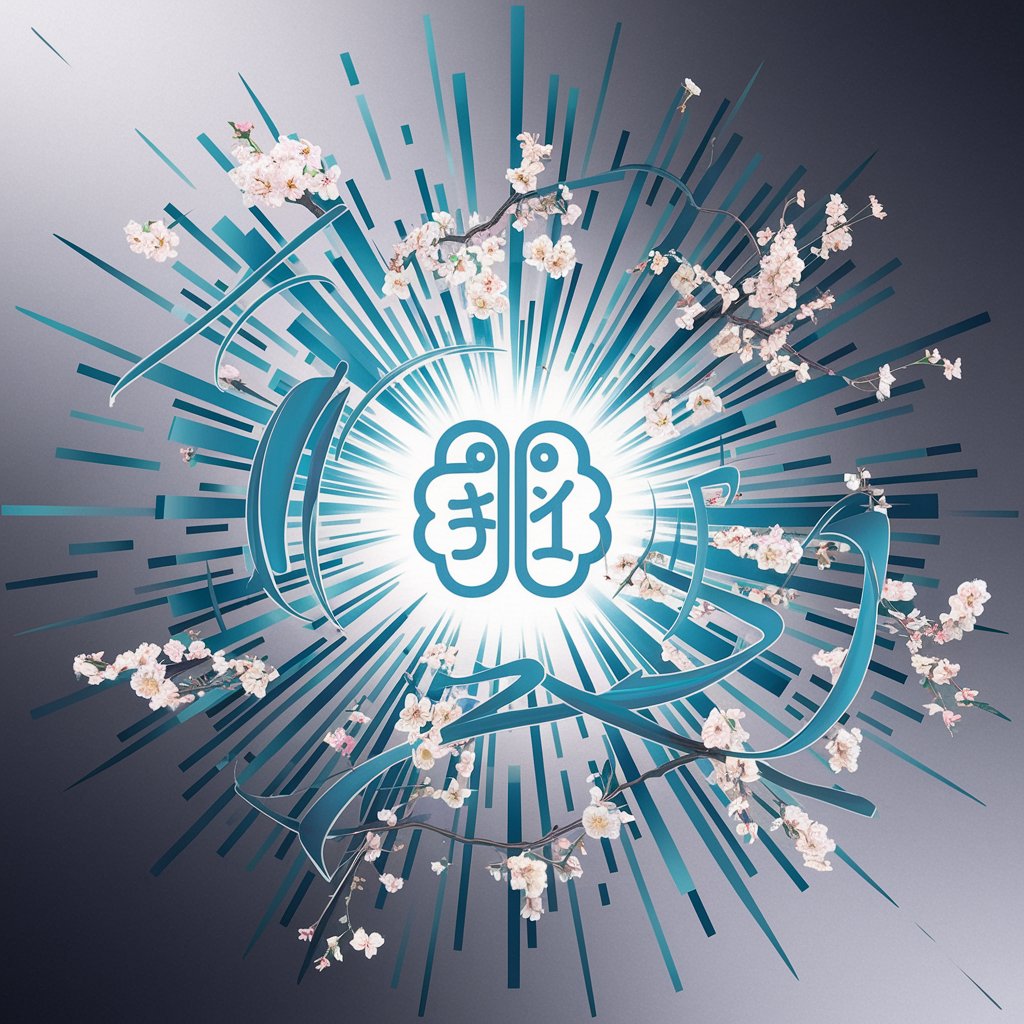
EestiTutor
Revolutionizing Estonian Text Editing with AI
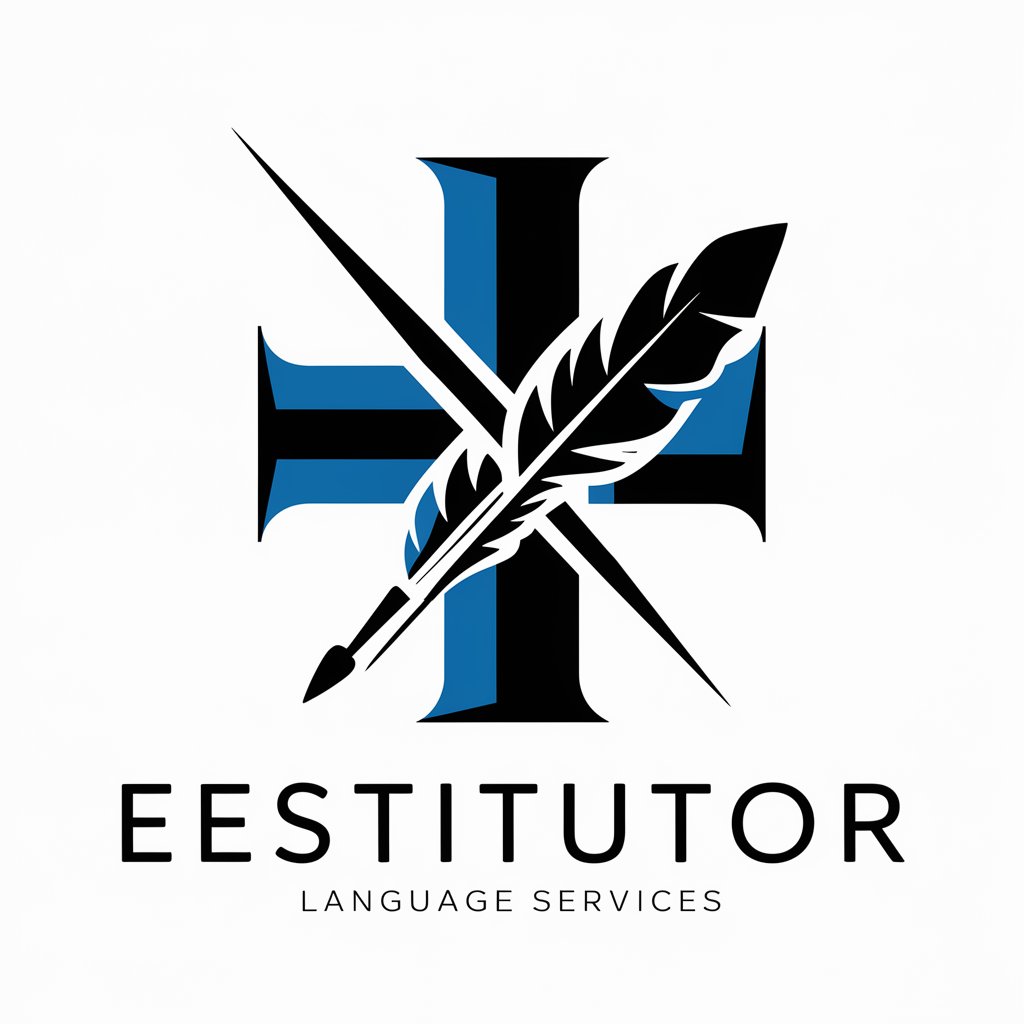
L'Expert en Français Soutenu
Refine your French writing with AI precision.

Setzer
Precision in Translation, Powered by AI

文章添削 Bot
Enhancing Japanese Texts with AI
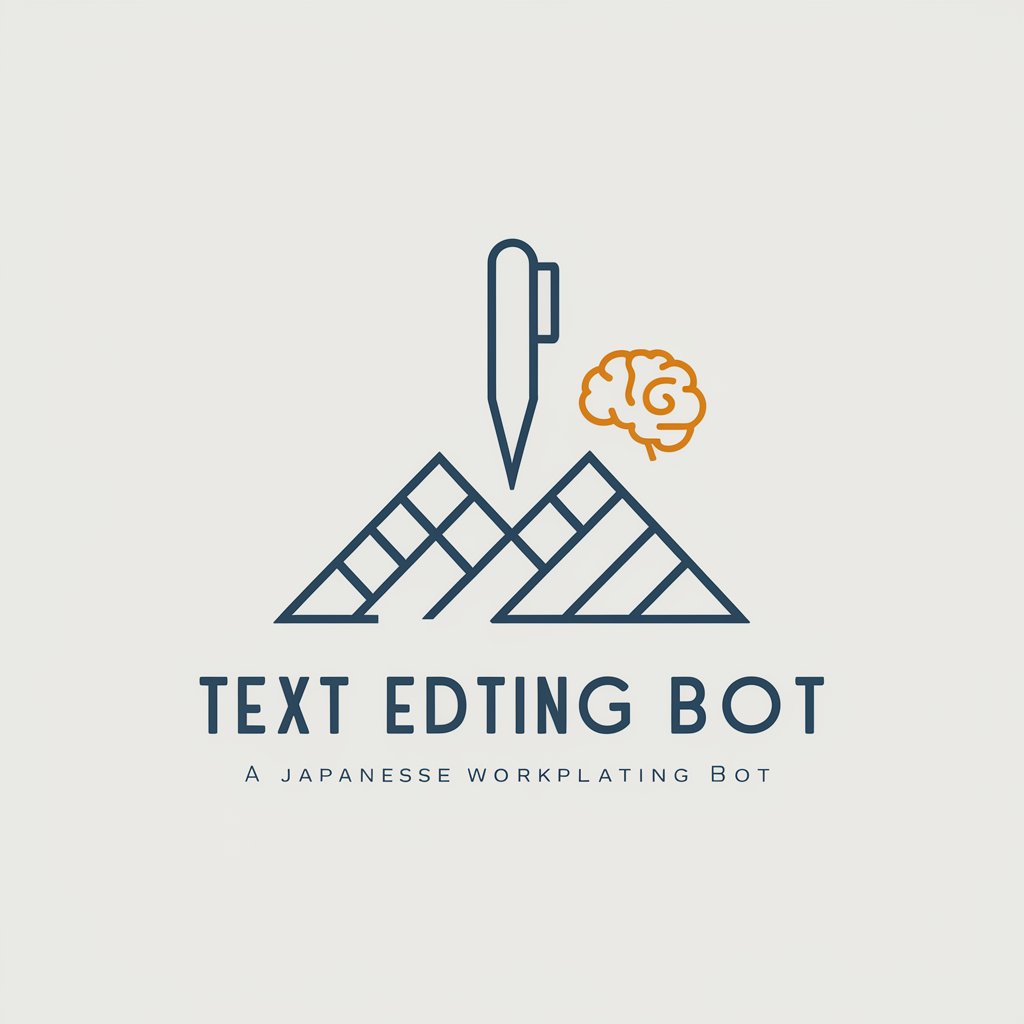
Tsugaruben Translator
Bringing Tsugaru-ben to Your Fingertips
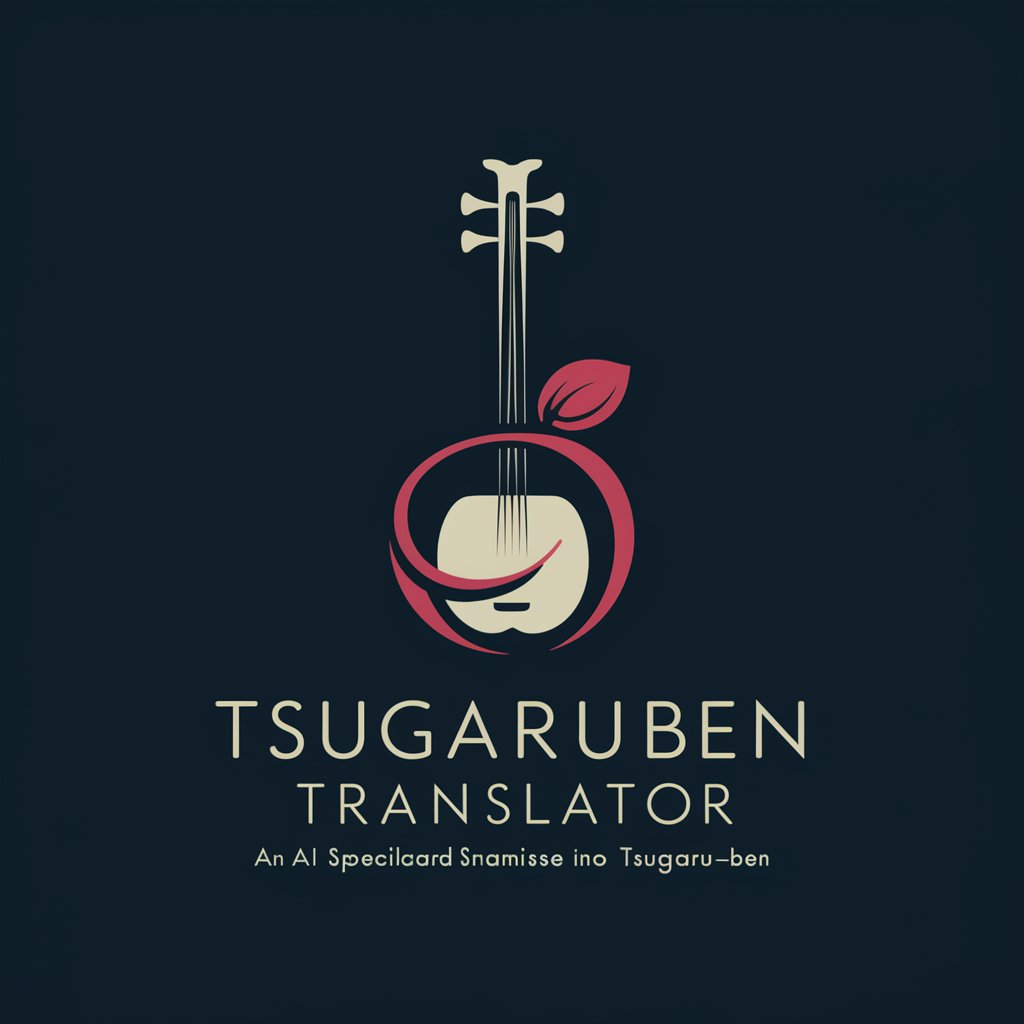
TextCraft Pro
Empower Your Writing with AI
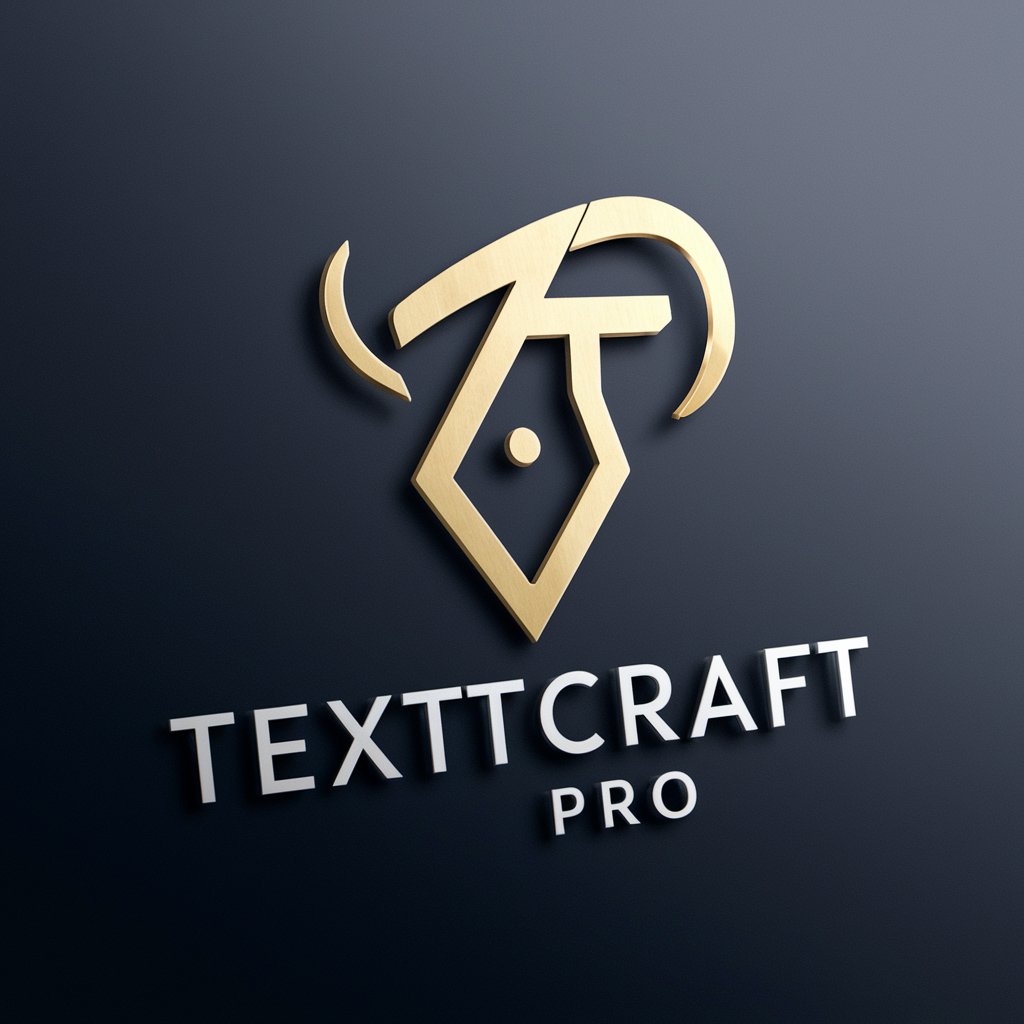
Editing-kun
Perfect Your Writing with AI
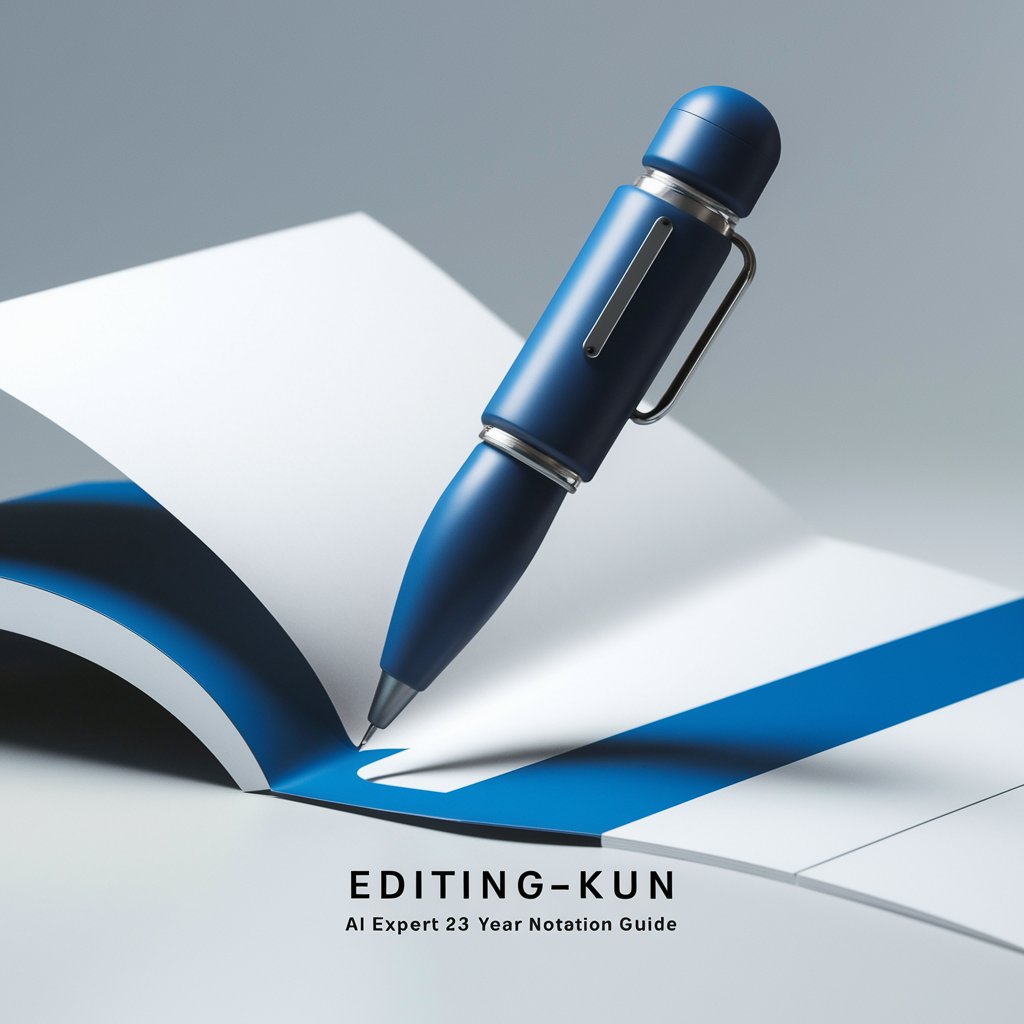
中文谢谢
Bridging Cultures with AI-Powered Translation
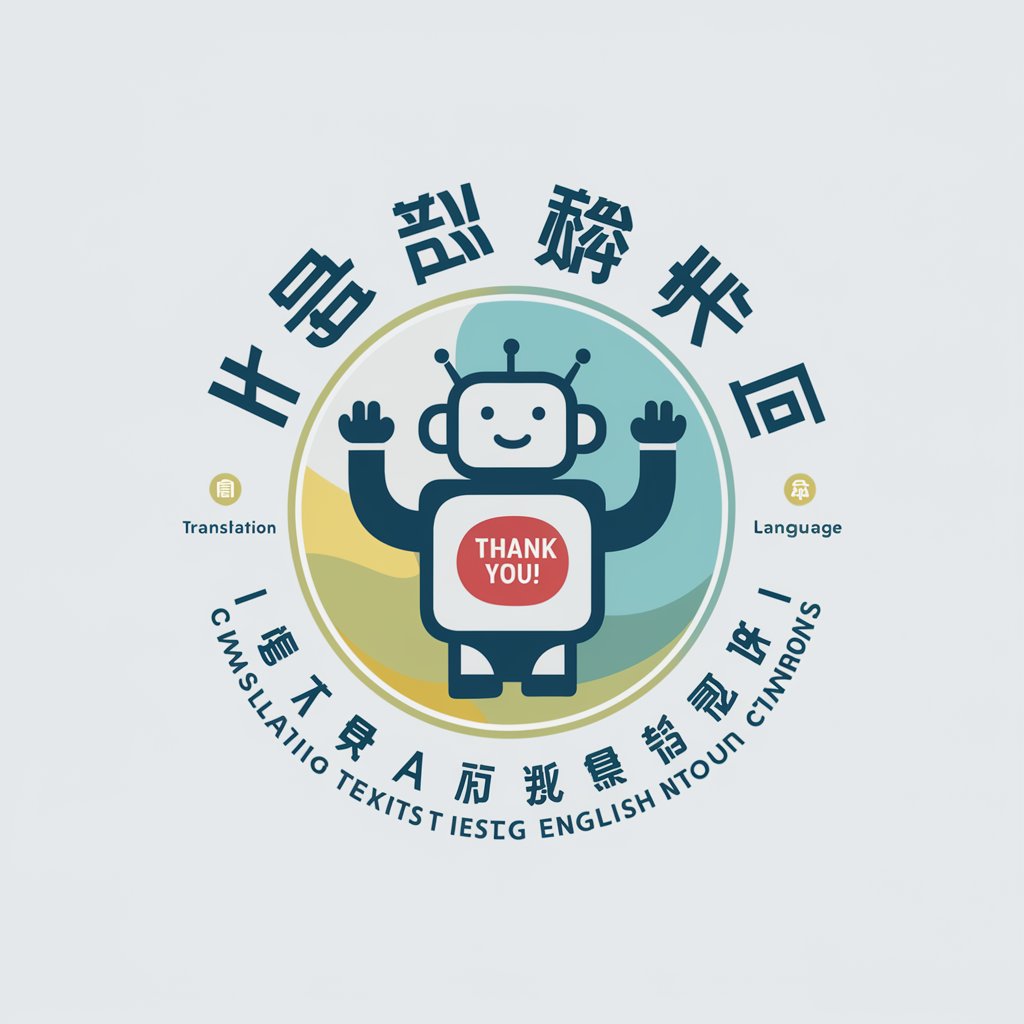
Sätze auf hohem Niveau (literarisch)
Elevate Your Writing with AI

Principal Characteristics of AI GPTs in Formal Documentation
AI GPTs for Formal Documents are distinguished by their adaptability, accuracy, and depth of knowledge. These tools can generate text that aligns with formal writing standards, understand context deeply to maintain the document's integrity, and adapt from simple template filling to creating complex legal arguments or technical reports. Special features include advanced language understanding, context-sensitive text generation, integration capabilities with databases for fact-checking, and customizable templates to suit various formal document requirements. Their ability to learn from feedback and improve over time ensures that they remain relevant and effective for formal document processing.
Who Benefits from AI GPTs in Formal Documentation
The primary beneficiaries of AI GPTs for Formal Documents include legal professionals, corporate executives, government agencies, and academic researchers. These tools are also invaluable for startups and small businesses that may not have the resources for large legal or administrative teams. They offer a user-friendly interface for novices without coding skills, while providing APIs and customization options for developers and IT professionals seeking to integrate GPTs into existing systems or to develop new applications.
Try Our other AI GPTs tools for Free
Charitable Giving
Discover AI GPTs for Charitable Giving, the innovative tools transforming philanthropy with advanced AI, tailored to enhance donor engagement, fundraising, and impact assessment.
Islamic Finance
Discover AI GPTs for Islamic Finance, the cutting-edge tools designed to revolutionize Sharia-compliant financial services with tailored, AI-driven solutions.
Wealth Assessment
Discover the power of AI GPTs in Wealth Assessment for personalized financial advice, investment strategies, and market insights. Transform your financial planning with advanced AI technology.
Zakat Education
Explore AI GPTs for Zakat Education: Tailored AI solutions for understanding, calculating, and implementing Zakat principles, designed for learners at all levels.
Currency Trading
Discover how AI GPTs revolutionize Currency Trading with predictive analytics, real-time market insights, and tailored trading strategies for professionals and novices alike.
Live Translation
Discover AI-powered Live Translation tools, designed to break language barriers in real-time with unmatched accuracy and contextual understanding.
Expanding the Capabilities of AI in Formal Documentation
AI GPTs for Formal Documents not only streamline document creation and processing but also open up new possibilities for data analysis, trend identification, and compliance monitoring within documents. Their integration into various sectors demonstrates a shift towards more efficient, accurate, and automated document handling processes. The user-friendly interfaces and customization options further enhance their appeal, making them a versatile tool in the arsenal of professionals handling formal documentation.
Frequently Asked Questions
What are AI GPTs for Formal Documents?
AI GPTs for Formal Documents are AI-driven tools designed to create, analyze, and process formal documents with high accuracy and efficiency, using Generative Pre-trained Transformers.
How do AI GPTs improve document accuracy?
They leverage deep learning to understand context and generate text that adheres to formal language standards, reducing human errors and enhancing the document's overall quality.
Can these AI tools adapt to different formal document requirements?
Yes, they can be tailored to suit a wide range of formal documents, from simple forms to complex legal contracts, thanks to their adaptable learning algorithms.
Are AI GPTs accessible to individuals without programming skills?
Absolutely, many AI GPTs offer user-friendly interfaces that do not require coding knowledge, making them accessible to a wide audience.
How can developers customize these AI tools for specific tasks?
Developers can use APIs provided by these tools to integrate them with existing systems or to create custom applications tailored to specific documentation needs.
What types of formal documents can AI GPTs handle?
AI GPTs can handle a variety of documents, including legal contracts, business agreements, official reports, and academic papers.
Is there a learning curve associated with using AI GPTs for Formal Documents?
While user-friendly for beginners, mastering the full range of features and customization options may require some time and exploration.
Can these tools integrate with existing document management systems?
Yes, many AI GPTs are designed with integration capabilities, allowing them to work seamlessly with existing document management platforms.